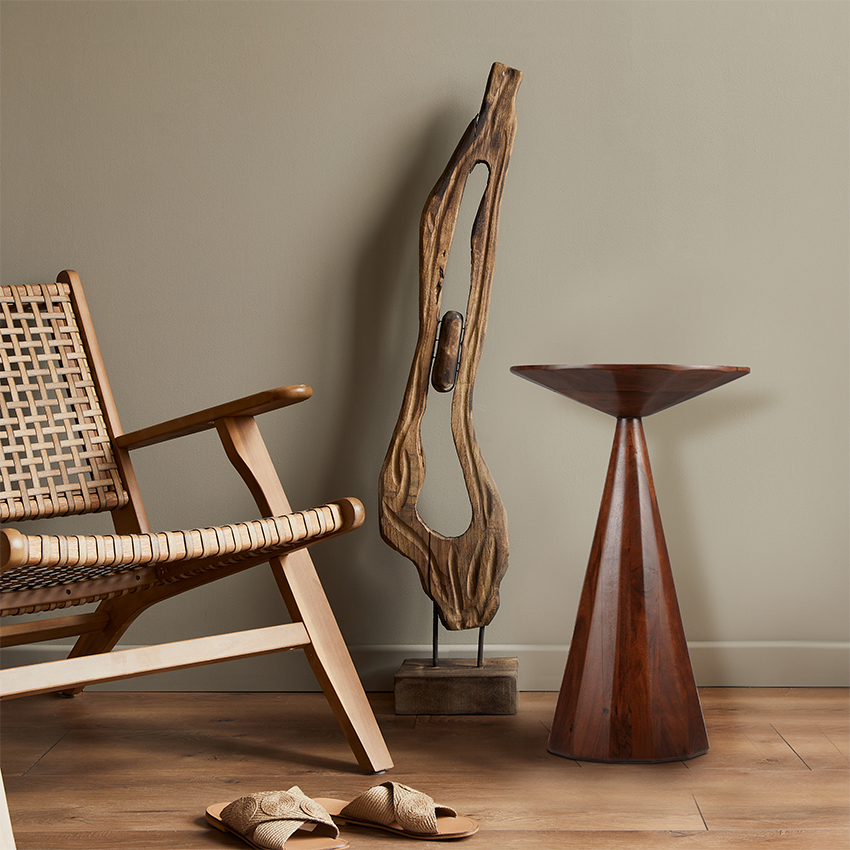By Mangala Patil & Varsha Yashvant
In the ever-evolving world of interior design, the fusion of diverse cultural elements has given rise to innovative and captivating aesthetics. One of the most compelling trends in recent years is the Indo-Euro design synergy, a blend of Indian and European influences that creates a harmonious and unique approach to home decor. Mangala Patil & Varsha Yashvant, co founders of Vaasa, explain how this confluence not only reflects a globalised world but also offers a fresh perspective on how different cultural aesthetics can complement and enhance each other.
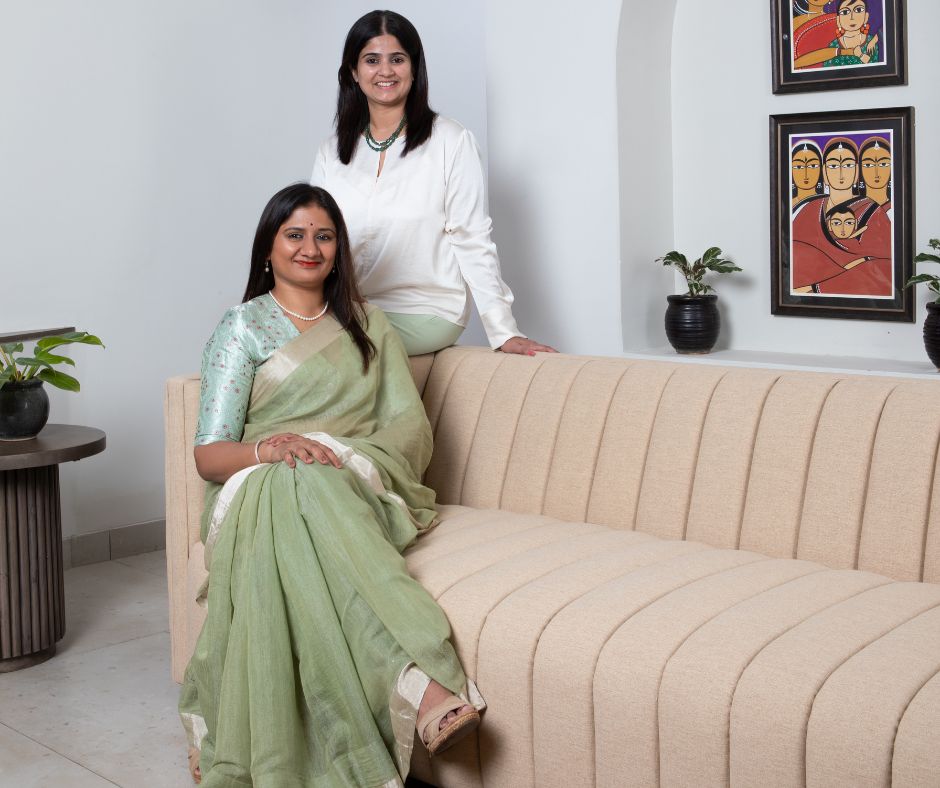
Indian and European design philosophies have distinct characteristics. Indian decor is renowned for its vibrant colours, intricate patterns, and rich textures. It often features traditional craftsmanship, such as handwoven textiles, carved wooden furniture, and detailed metalwork. On the other hand, European design, particularly from regions like Scandinavia and Italy, emphasises simplicity, minimalism, and functionality. It is characterised by clean lines, neutral colour palettes, and modern materials. The marriage of these two styles results in a design language that is both eclectic and sophisticated.
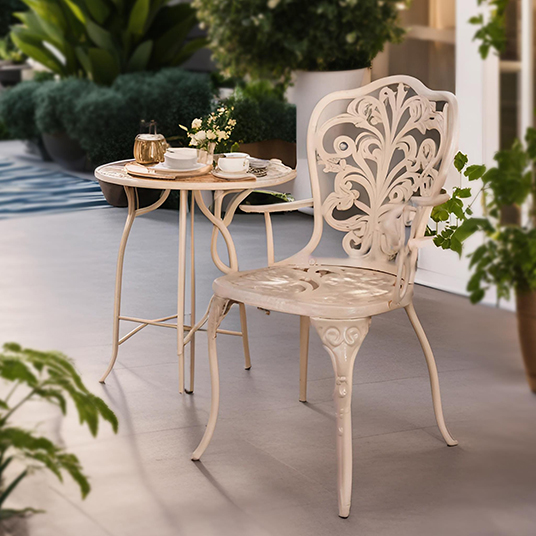
One of the key aspects of Indo-Euro design synergy is the use of colour. Indian design’s bold and dynamic hues, such as deep reds, royal blues, and vibrant oranges, can invigorate the typically muted tones of European interiors. For instance, a Scandinavian-style living room with its white walls and sleek furniture can be brought to life with the addition of colourful Indian throw pillows, rugs, or artwork. This interplay of colours not only adds visual interest but also creates a warm and inviting atmosphere.
Patterns and textures play a crucial role in this design fusion. Indian patterns, like paisleys, mandalas, and geometric motifs, can be incorporated into European spaces through wallpapers, upholstery, or decorative items. These patterns add depth and complexity to the clean and simple lines of European design. Similarly, the rich textures of Indian textiles, such as silk, cotton, and jute, can provide a tactile contrast to the smooth surfaces commonly found in European interiors. A jute rug or a silk curtain can introduce an element of luxury and exoticism to a minimalist room.
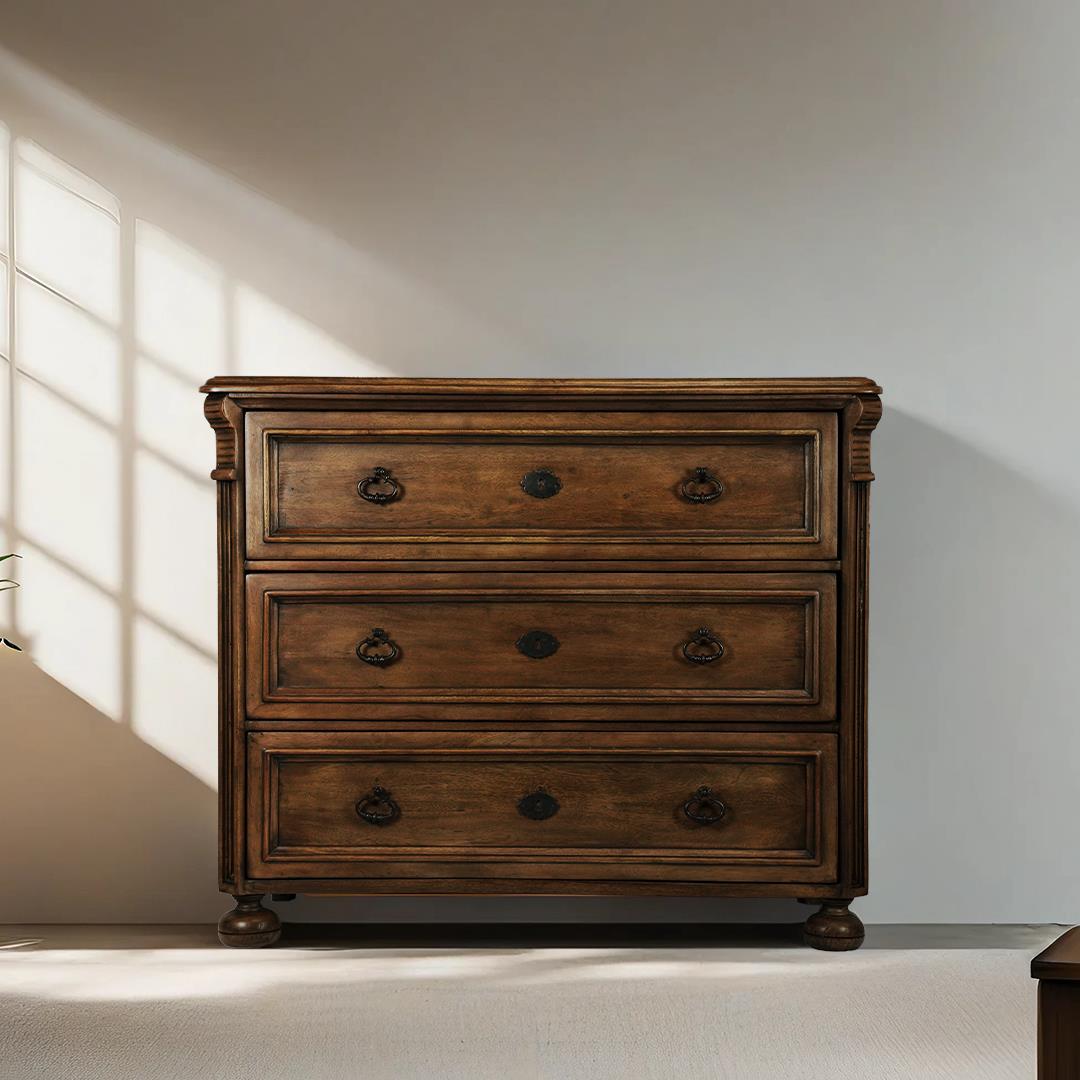
Furniture is another area where Indo-Euro synergy shines. Traditional Indian furniture, with its ornate carvings and robust craftsmanship, can serve as statement pieces in a European-inspired space. A beautifully carved wooden coffee table or an intricately designed chest can become focal points in a modern living room. Conversely, European furniture’s sleek and functional design can balance the opulence of Indian decor, creating a cohesive and well-rounded aesthetic.
The Indo-Euro design trend also emphasises sustainability and craftsmanship. Both Indian and European design traditions value high-quality, handmade items that stand the test of time. This focus on sustainability is increasingly important in contemporary interior design, where there is a growing appreciation for ethical consumption and the environmental impact of decor choices. By integrating handcrafted Indian pieces with durable European designs, homeowners can create spaces that are not only beautiful but also sustainable.
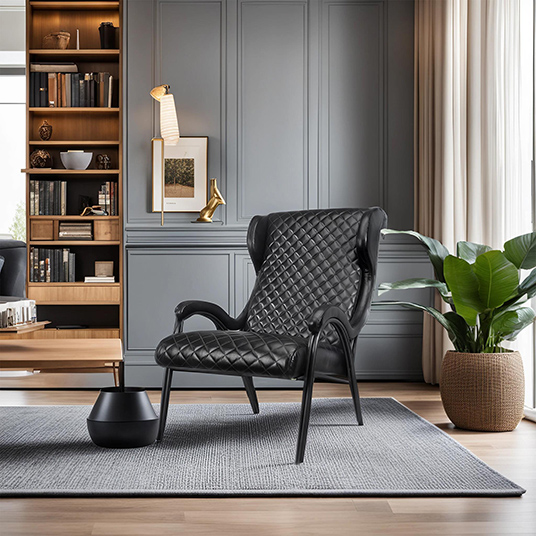
In conclusion, the Indo-Euro design synergy represents a meaningful and aesthetically pleasing fusion of two rich cultural heritages. By combining the vibrant colours, intricate patterns, and textures of Indian decor with the simplicity, functionality, and elegance of European design, this trend offers a unique approach to home interiors. It celebrates diversity and craftsmanship while promoting sustainability, ultimately bridging cultures and creating spaces that are both unique and universally appealing. As global connectivity continues to grow, such design fusions will likely become even more prevalent, reflecting our increasingly interconnected world.

